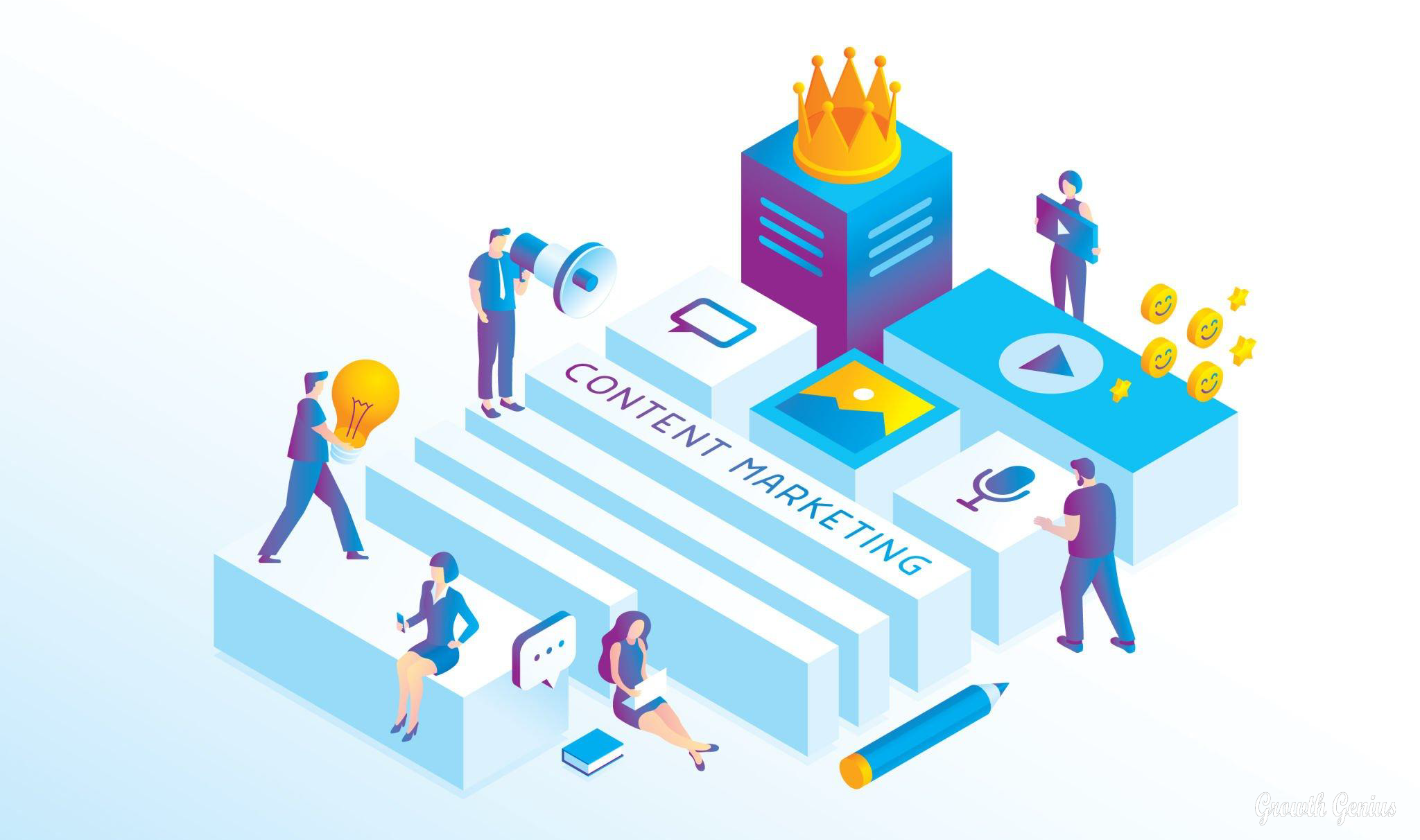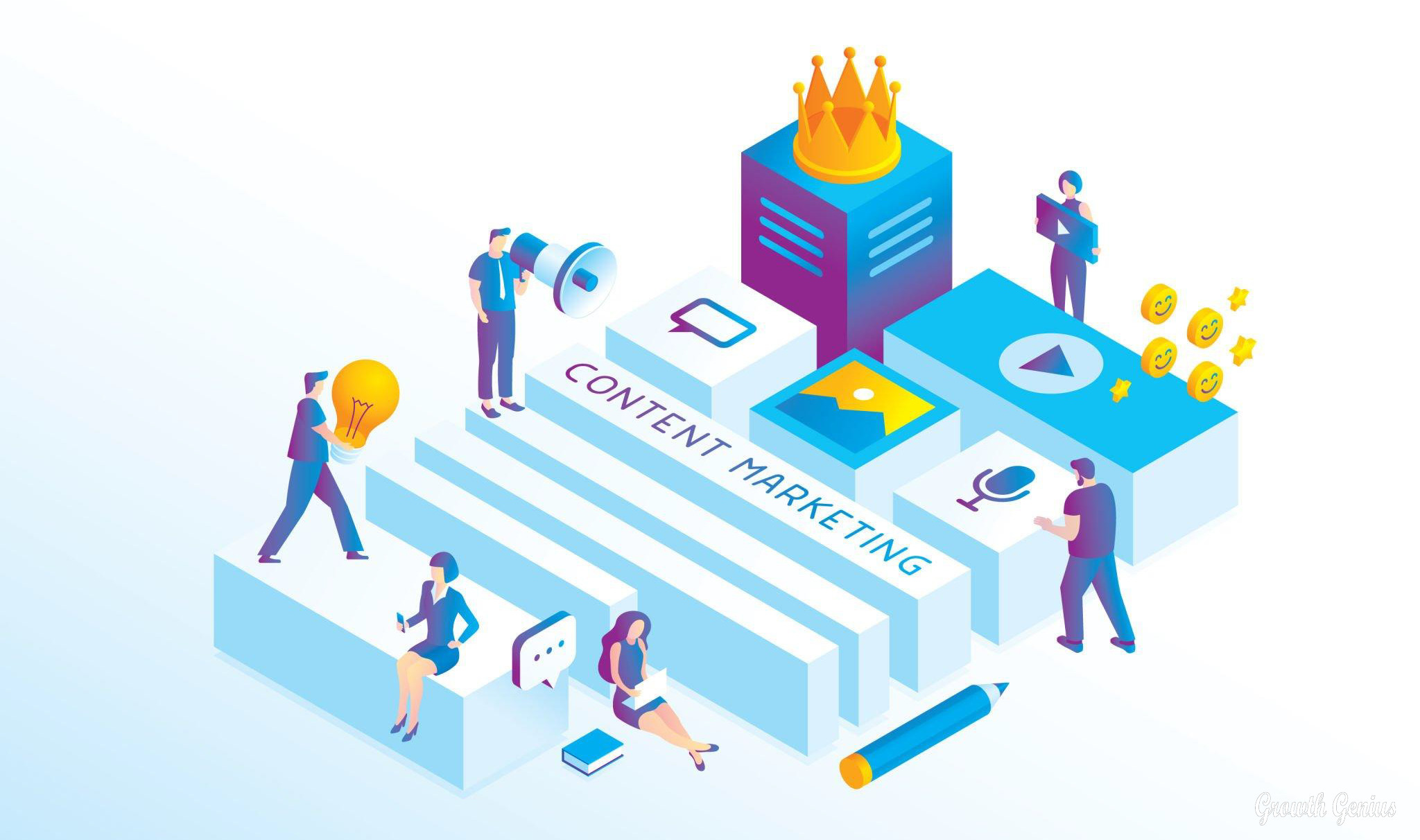Storytelling has now become a way to work with content marketing which has become a powerful strategy for businesses to attract and engage their target audience. With an overwhelming amount of information available online, capturing your audience’s attention and delivering your message effectively is crucial. This is where the power of visual storytelling comes into play, and specifically, the impact of infographics. In this article, we will explore the importance of infographics in content marketing, their benefits, and provide step-by-step guidelines on how to create compelling infographics to enhance your content strategy.

The Power of Visuals in Content Marketing:
Visual content has a unique ability to convey complex information in a concise and engaging manner. Studies have shown that humans are visual creatures, and we process visual information much faster than text. By incorporating visuals, such as infographics, into your content marketing strategy, you can capture attention, increase comprehension, and leave a lasting impression on your audience.
Understanding Infographics:
Infographics are visual representations of information, data, or knowledge. They combine text, images, charts, and graphs to present complex concepts in a visually appealing and easily understandable format. Infographics are highly shareable, making them a valuable tool for increasing brand visibility and driving traffic to your website.
Identifying Your Target Audience and Goals:
Before creating an infographic, it’s important to identify your target audience and define your goals. Understand who you are trying to reach and what message you want to convey. Tailor your infographic to resonate with your audience’s interests, preferences, and needs. Clearly define your goals, whether it’s to educate, entertain, or persuade, and align your infographic design and content accordingly.
Collecting and Organizing Data:
Effective infographics are built on accurate and reliable data. Collect relevant information from reputable sources and organize it in a logical and coherent manner. Identify key data points, statistics, or facts that support your message and help tell your story. Remember to cite your sources to maintain credibility.
Crafting a Compelling Story:
Infographics are not just about presenting data; they are about telling a story. Structure your infographic in a narrative format, with a clear beginning, middle, and end. Introduce the topic, present the data or information, and conclude with a compelling call-to-action or key takeaway. Use visual cues, such as arrows, icons, and flowcharts, to guide the reader through the story.
Designing Engaging Visual Elements:
The visual elements of your infographic play a crucial role in capturing attention and conveying your message effectively. Choose a color scheme that aligns with your brand and evokes the desired emotions. Use icons, illustrations, and images that enhance the understanding of the information. Keep the design clean, balanced, and visually appealing.
Incorporating Text Strategically:
While visuals are the focus of infographics, the text is equally important. Use concise and impactful headlines and subheadings to grab attention and guide the reader. Keep text blocks short and use bullet points or numbered lists to break down information into digestible chunks. Ensure that the font size and style are legible and consistent throughout the infographic.
Optimizing for Sharing and SEO:
To maximize the reach of your infographic, optimize it for sharing on social media platforms. Add social sharing buttons to make it easy for readers to share your infographic with their networks. Include relevant keywords in the infographic title, alt tags, and file name to improve its search engine visibility.
Conclusion:
Infographics are a powerful tool in content marketing, allowing you to present complex information in an engaging and memorable way. By understanding your audience, setting clear goals, collecting and organizing data, crafting a compelling story, designing visually appealing elements, incorporating strategic text, and optimizing for sharing and SEO, you can create impactful infographics that enhance your content strategy and resonate with your target audience.
Remember, infographics are not only informative but also creative and visually appealing, so let your imagination run wild and experiment with different design elements to make your infographics stand out. Use the power of storytelling through visuals to elevate your content marketing efforts and leave a lasting impression on your audience.






